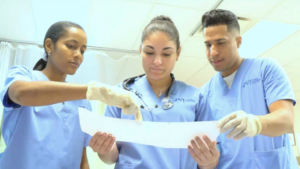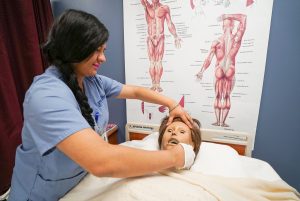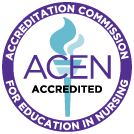Patient care technicians are in high demand. They fill a key role that keeps the medical industry flowing smoothly. With the right training, a PCT can assist with everyday medical care and help doctors and nurses. They have a key supporting role. In nursing homes and other care facilities, patient care techs are the ones who often prevent neglect and other problems. For professionals entering the industry now, options are greater than ever before. Hospitals, burn and wound clinics, and many other facilities are looking for trained professionals. Graduates can work in home or hospice care. Depending on where you are, some facilities might offer even more roles. Especially in rural areas, trained medical experts are in high demand.
Unlike doctors, PCTs don’t have to spend years in school. In fact, many full-time students graduate in about a year. Then patient care technician schools typically offer job placement services. These help certified professionals find their first job in a growing market. Then it’s up to each professional to build their connections and a strong resume. Especially with experience, there’s no limit. PCTs are in demand in every state across the country. Patient care tech training can be the pathway to a fulfilling career or a step along the way. Some use it as a way to get a preview of the industry while also getting their foot in the door.
What Does a Patient Care Technician Do?
A patient care technician works closely with doctors, nurses, and other medical professionals. They’re often the primary point of contact for patients. In nursing homes and other care facilities, patient care technicians are the faces patients are most familiar with. They might help with daily tasks like bathing or eating. PCTs are also the ones helping patients get to their appointments and more. Because PCTs spend more time with each patient, they’re often the ones to notice small changes in patients. Depending on the age and condition of the patient, these small changes could be signs of life-altering problems.
Patient care technicians learn how to safely lift and assist patients. They also learn about CPR and other basic medical skills. Patient care technician schools also offer training to help professionals work with the elderly. Helping patients of all types maintain their dignity is crucial. Understanding the challenges patients are more likely to face is just as important. As the medical industry grows, medical professionals at every level are taking on new responsibilities. A few of these include:
- Checking blood pressure, pulse, and other vital signs
- Collecting blood, urine, and other laboratory samples
- Assisting with routine activities like bathing, eating, and using the bathroom while helping patients maintain their dignity
- Making sure patients’ nutritional needs are met
- Monitoring and delivering lifesaving medications
- Sterilizing patient rooms and medical equipment as needed
- Transporting patients to appointments and more via gurney or wheelchair
- Listening to patients to understand what they need
- Conveying patient needs to other medical professionals
- Changing wound dressings and sterilizing wounds as needed
Find a Career You Love with Patient Care Technician Schools
When you sign up for FVI’s patient care tech training program in Florida, you have endless opportunities. As the demand grows, patient care techs can take on more roles. People often go in assuming PCTs all work in nursing homes and rehab facilities. While these types of facilities have a high demand for PCTs, graduates can find careers in other areas of the medical industry.
- Hospitals: One of the most common employers is hospitals. Hospitals hire patient care techs in departments from radiation to the surgical wing. PCTs can provide support and assistance in a fast-paced environment. This can be exciting and provide ready career paths in many areas of the medical field. For those considering going back to school, a hospital could be the perfect place to work and build connections.
- A Doctor’s Office: Smaller medical clinics also employ patient care techs. These positions can be more relaxed. Professionals also work in standard business hours.
- Home Health Care: Whether they’re dealing with a lifelong problem or recent health issues, some want home health care. They don’t want to go to an assisted living facility. Some just want to stay at home. Others might even be afraid of what will happen to loved ones in nursing homes. Patient care technician schools prepare students to assist at different levels.
These are just a few of the possibilities when you train as a patient care tech. Enroll in FVI’s patient care tech school in Miami, FL. To get started contact us today and explore your options for a new career, as well as all learn more about all of our healthcare training programs in Florida.








